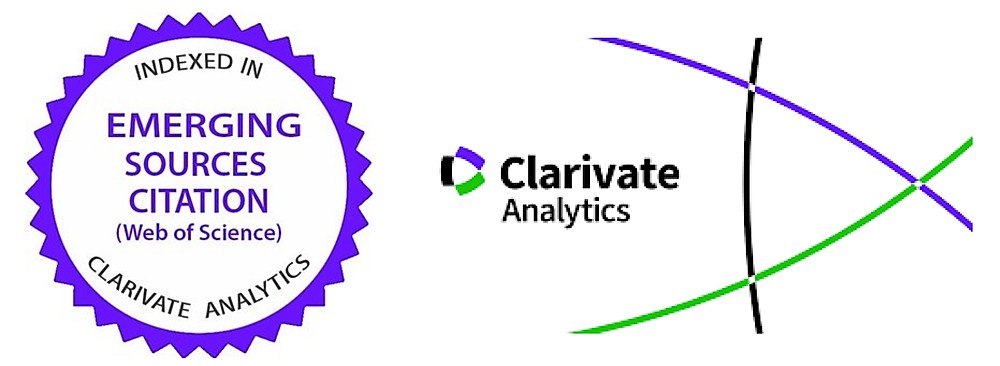Modeling the Relationship between Foreign Direct Investments and Economic Growth – Evidence from Central and Eastern European Countries
Abstract
The internationalization and globalization of economical problems, industrial manufacturing, and the movement of financial capital, determine the investment activities to become a global one, with implications for all the national and world wide economies. As a result, the foreign direct investments, throughout their economical constitution and substance, form a part of the economical relationships and international cooperation, which bring an essential contribution to the economical growth, creating work places, optimize the allocation of resources, enabling technology transfer and stimulate trading. Foreign Direct Investments have presently become the most important source of external funding for all the countries, regardless of their level of development. This kind of investments proved to be a more stable and used source of funding than the portfolio investments or the bank loans, as they are less affected by the financial crisis. Against this background, global direct financial investments flows remain one of the main manifestations of globalization, which is easily demonstrated if we reflect on the fact that currently over 50% of everything that happens in the world, be it product or services, is carried out by subsidiaries of transnational corporations, namely companies resulting from direct financial investments. It is estimated that the volume, structure and geographical distribution of foreign direct investments will be "patterned" in the proportion of 50% by the international economic situation, the implications of the crisis on the global financial system.




























